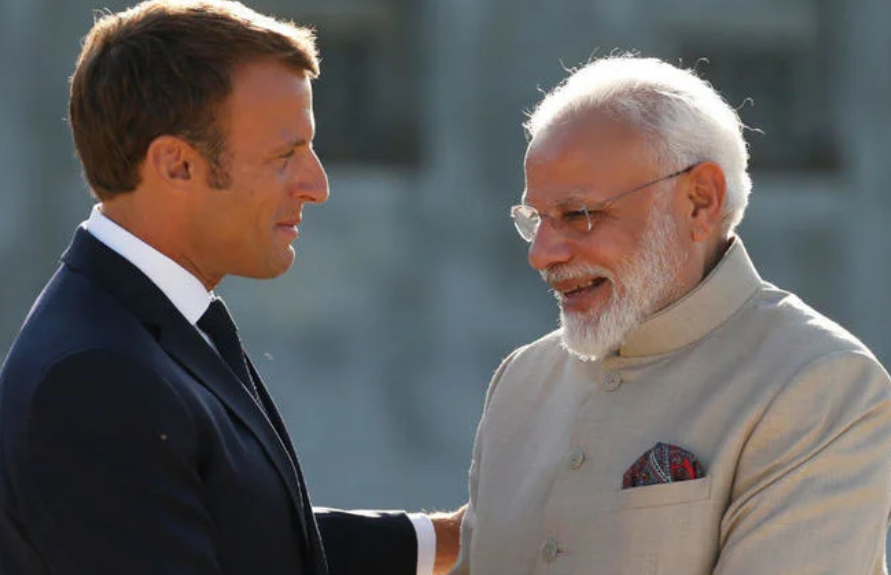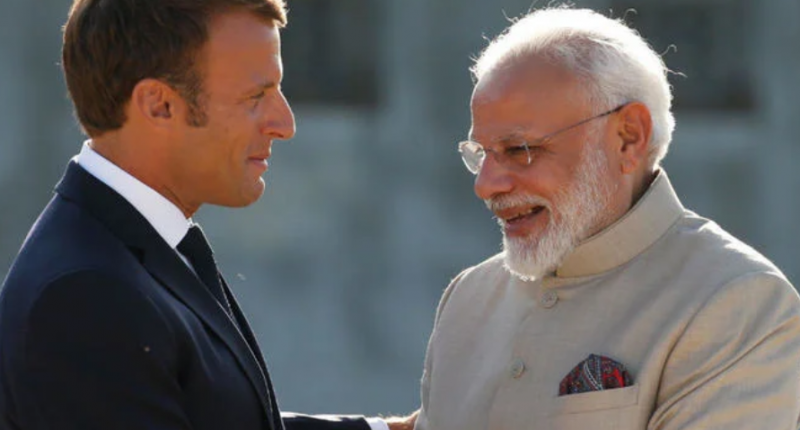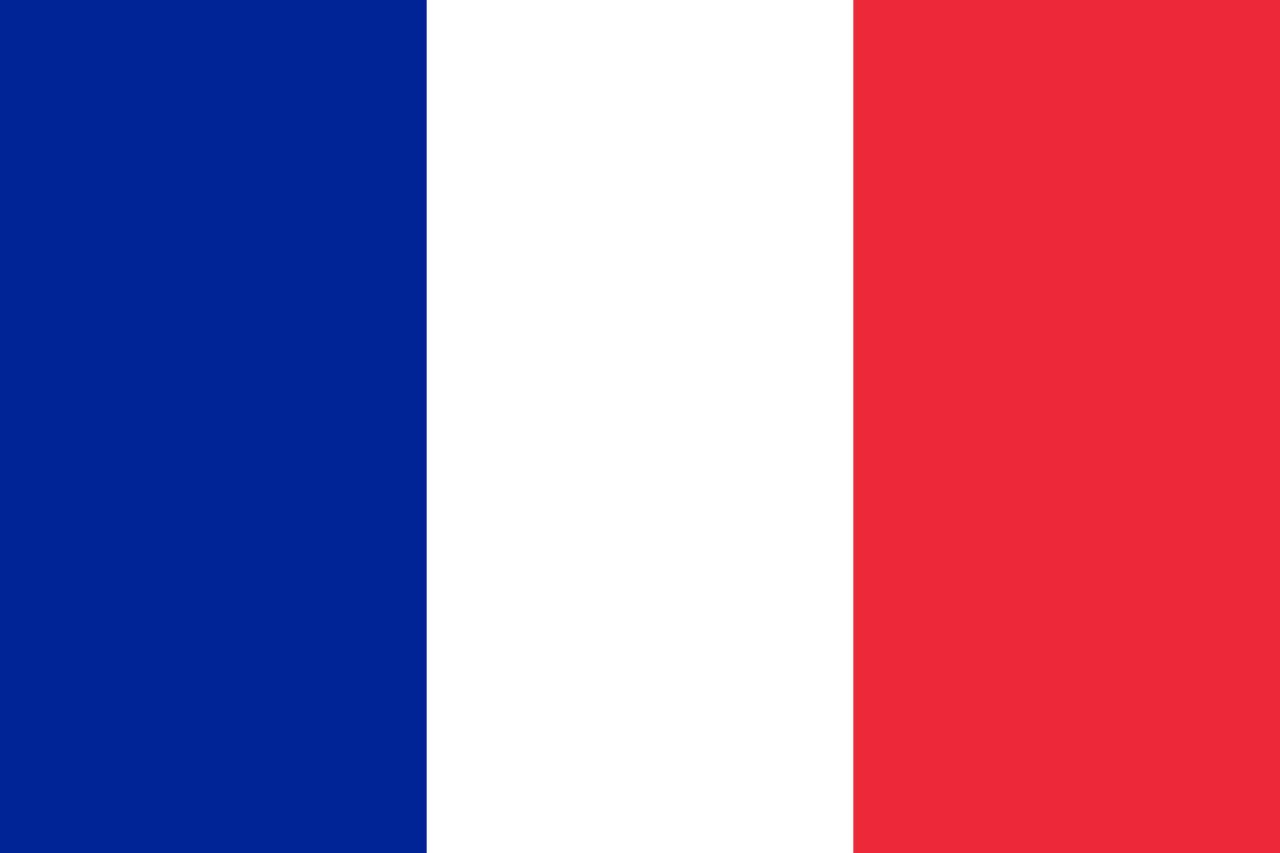On October 16th a truly horrifying crime sent the chills through French society.
A teacher of history and geography in a school near Paris was giving a lectue to a group of young students on the concept of “Freedom of Expression”.
And with the cartoons that caused such a ruckus as published by Charlie Hebdo reverberating around domestic news channels, he thought he would use them as an example.
But before showing them openly in the class, he asked Muslims present, and all those who may feel offended to leave the classroom.
Some did, but someone deliberately recorded the class from this point on and a local mosque circulated footage around its believers.
As a result, a Chechen national aged 18, and named Abdullakh Anzorov, not only brutally beheaded the teacher but chose to take an image of the victim.
Further investigations after he was killed by police revealed that he did not act alone, and that his entire family, and others in and related to the local mosque were actively involved in this gruesome murder; a preplanned attack on a teacher conducting a class.
This kind of thing, sadly, is not new.
France has long endured such brutal attacks perpetrated by Islamic fundamentalists.
Terrorist attacks have killed hundreds in France in a variety of ways, perhaps most notably at a Bastille Day event in 2016, which left scores dead and hundreds injured.
But still, from the land that supported them, educated them and provided them with health care, more than 1,700 individuals left to join ISIS – something that cannot happen without the deep seated involvement and awareness of the local Muslim population and links to terrorist organizations; something socialist parties in France have long provided these jihadis with in exchange for serving as guaranteed voter bases come election time.
Something changed after the murder of Samuel Paty though.
Thousands came out onto the streets in all major towns and cities around the nation to pay homage to his departed soul by carrying large scale banner cartoons of the Charlie Hebdo cartoons.
It was a clear message from the people to the government that they were not ready to surrender their right to ’freedom of expression’ to Islamist forces.
The French government realized what was going on and saw that tangible action on the ground was necessary – soon.
President Macron soon thereafter announced a ban on the entry of foreign preachers at French mosques, and the sanitization of school education to remove religious preaching.
With one eye on home grown religious dangers, over 250 people were arrested, and some mosques preaching religious intolerance have been closed.
The Interior Minister of France Mr. Gerald Darmanin announced that the Cabinet would soon introduce a bill to curtail foreign funding of religious organizations.
The government also banned two Muslim NGOS for their dubious activities.
Muslims constitute 8% of the population of France and are the second largest religion
represented in the country – but nearly all are foreign born; naturalized citizens.
A recent survey conducted on Muslims in France is alarming.
39% of respondents think that their religion is not compatible with French society and constitution, with 52% remaining non-committal on this issue.

In such circumstances every nation has the inalienable right to take appropriate decisions in the national interest.
But in response to moves by France, the reaction of major Islamic countries in the Middle East is more subdued and pragmatic.
Saudi Arabia was first to condemn the attack on a school teacher. Many nations now criticizing France have ignored it completely.
Yet for some reason leaders of other European nations appear to be slow to demonstrate their own equal resolve on the issue.
A ‘United Stand’ from all the European Union allies of France on freedom of expression is overdue.
Some nations in the Muslim world, perhaps as a result, are meanwhile trying to turn the recent melee into a France Vs Islam issue.
This is a mistake.
They would do well to look back to the 20th of November 1979, when the Grand Mosque in Mecca was captured by Islamic fundamentalist forces, and several attempts by the Saudi security forces to reclaim it failed.
Ultimately, Saudi Arabia had to request help from France – and it was only after French commandos joined the operation that Mecca could be retaken.
True believers will thus forever remain in debt to France.











